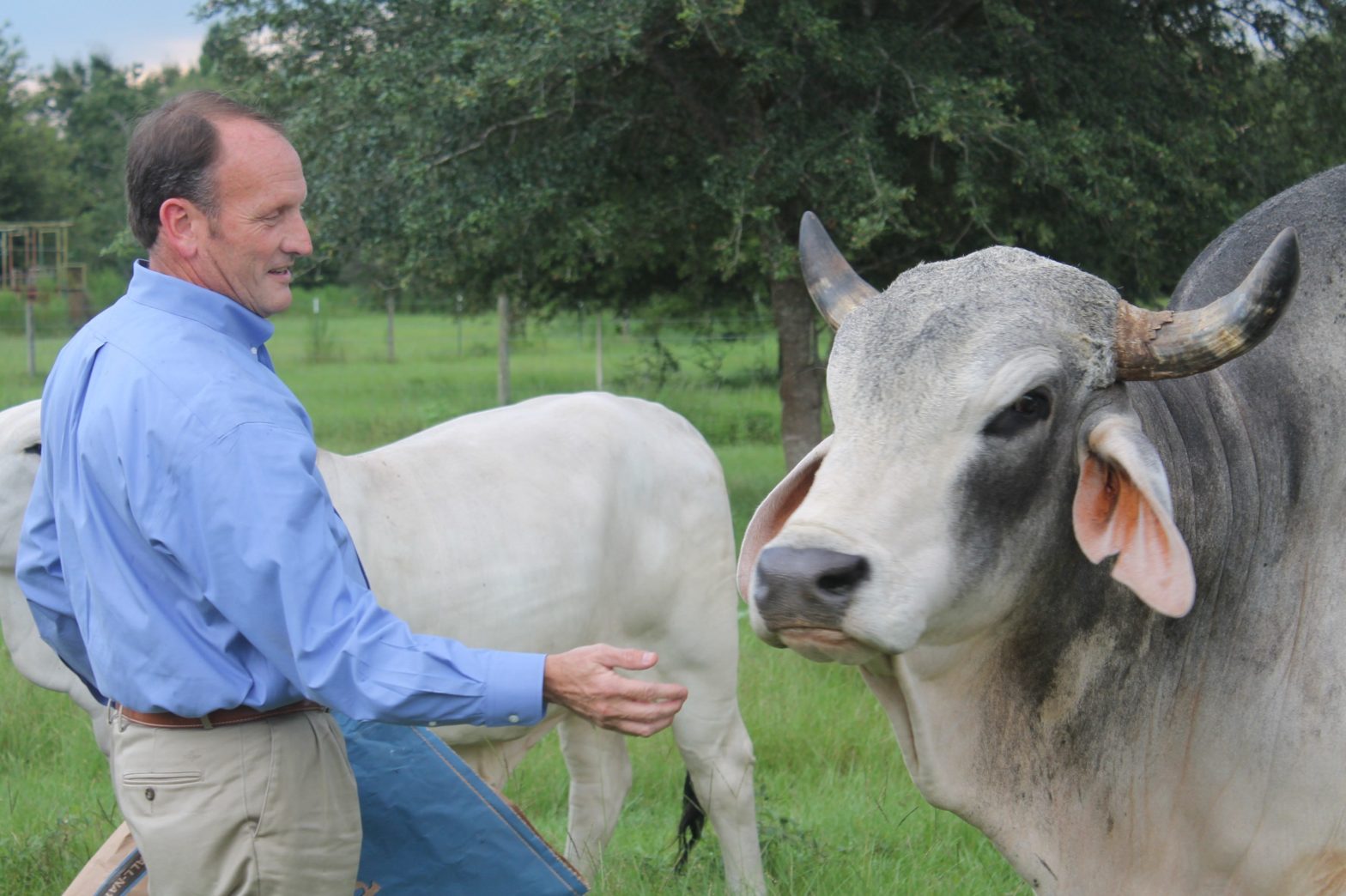
MILTON — Kyle Holley left the city when he graduated Milton High to study history and economics at Vanderbilt University in Nashville, Tenn.
He brought home not only a degree but also a desire to make a difference.
At a time when national volunteerism was at an all-time high, he said, Vanderbilt encouraged the same.
“I bought into the whole plan. ‘What is your individual relevance?’" he said. "That was a question they always posed.”
Holley has been a part of the Santa Rosa County Education Foundation for over 15 years. He created the literary skills development campaign known as Tuffy to support the teacher grant program.
Holley and a fifth-grade teacher, Leslie Kaufmann, wrote a book about his quarter horse, Tuffy, going to school. Holley promoted literacy touring area schools with his horse, eventually visiting the state capitol twice.
As a Friend of the Fair, an official designation of the Santa Rosa County Fair Association, Holley helped to raise money and bring federal dollars to the county to construct the Agri-plex, which includes the June Ates Arena, phase one, completed in 2013, and phase two, which will include livestock barns, stalls and exhibition space. Phase 2 debuts in 2018.
“I like the agriculture," Holley said. "I like the youth. I think East Milton, the county needs it. It’s along the tourism corridor along 87 connecting south to inland. It is a joy to work with (the SRCFA Board) because they’re skills-based volunteers, not administrators and they appreciate the help.”
Formerly the United Way of Santa Rosa campaign director, Holley asked to open the grants and major gifts department to seek funding from state and government agencies as well as private donations.
“That was a gap," he said. "I’m always looking for gaps between private, non-profit and government to create solutions. I like that area of community development.”
Holley also sees public policy as an important part of community development.
“It was out of an environmental justice grant we procured to do a geospatial analysis of the sand and gravel aquifer that led to public policy designed to keep water bills low," he said. "That [effort, around 2006] was probably the most impactful thing I’ve ever done."
Holley has been in community development for 30 years.
“I’m still learning myself," he said. "There is so much in community development, housing development, shortages for vets, shortages for seniors, shortages for low income people. I also want to continue to focus on community development that is complementary to economic development. That is my interest.”
Two things Holley wants to see in the county both relate to economic development.
“One thing I’d really like to see is the integration of form-based code on critical corridors where deterioration is occurring and investment is slowing," he said.
Traditional land development code, Holley said, picks and chooses where businesses belong.
“A doctor’s office needs to go next to a hospital," he said.
However, form-based code allows a business to be near any other business.
“It’s not as restrictive," he said.
Costs rise when businesses have to adhere to specific architectural looks, too, according to Holley.
“Innovation is at the end of convention…Some investors won’t invest without consistency or a plan for consistency," he said. "Form-based code is compromise. You can assure consistency without dictating location of a type of business.”
Holley also wants more Santa Rosans working to bring tax dollars back to the county.
“I would like to see increased capacity in grant procurement for municipalities and nonprofits," he said. "We don’t have enough people that know how to write grants. We do not have enough people asking for our tax dollars back. Grants are always tax dollars.
"What I’m saying is we’re overtaxed and underpaid as a community.”
This article originally appeared on Santa Rosa Press Gazette: 'Innovation is at the end of convention'
